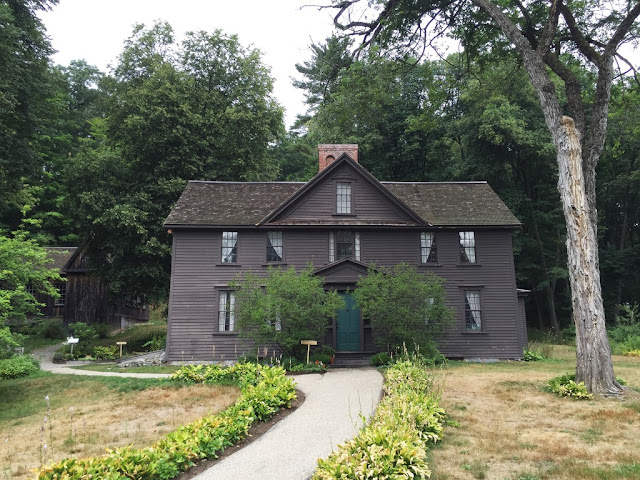Every once in a while, I read a book that reminds me of when Juliet Ashton of The Guernsey Literary & Potato Peel Pie Society quips that books might have a homing instinct that leads them to their perfect readers. This year, if such a book found me, it was The Awakening of Miss Prim by Natalia Sanmartin Fenollera. I read it while vacationing in Scotland, which proved the perfect combination of delights. In a spirit pleasantly similar to that of Guernsey, Miss Prim whisks its reader to a heaven-on-earth European village called San Ireneo de Arnois. Once there, said reader finds a haven of books, good food, delightful characters, and, surprisingly, potential challenges to assumptions and values. As mentioned, I felt like this book found me, which speaks to how perfect it felt for me, but I think its charm can reach readers of many types and preferences.
The Awakening of Miss Prim focuses on Prudencia Prim, a young woman who has seemingly everything the modern woman would want – several degrees, respected career, and the approval of her peers. And yet, she’s weary and disillusioned, longing for escape from schedules, noise, and workdays. She wants to find rest and true beauty, she says. So, she takes a job as personal librarian to a man living in San Ireneo de Arnois, a village that prides itself on welcoming people worn out by modernity. After settling in, she meets a colorful cast of characters who slowly and unassumingly turn her worldview upside down.
On a first read of Miss Prim, you might only partially notice the provocative ideas it espouses. It doesn’t shy away from voicing controversial opinions on topics like education, feminism, marriage, economics, how men and women relate to one another, rearing children, what constitutes “great books,” how to measure progress, and more. Yet somehow, the dialogue and setting enfold the reader effortlessly, enabling the deeper ideas to sneak past normal human defensiveness. Before you know it, you might be considering the world from a perspective quite different from your own.
How does the author do it?
I think it’s by simply charming the reader. Everything about Miss Prim delights. I never quite worked out where San Ireneo de Arnois was located in Europe, but I want to go there even now. The village people believe that family, conversation, reflection, and simple pleasures ought to be the foundation of everyday life. All interactions take place over steaming cups of tea, fresh scones, and fancy cake. Good books fill every house in the village and a cheery fire roars in the background of every scene. And against this heartening backdrop, Miss Prim then meets one person after another who not only welcome her, but desire to know her deeply. Quirky and fun and astute, all of them steal their way into her heart with their care, hospitality, and age-old wisdom. Their piercing questions infuriate her, even while slowing her down and inviting her into the fellowship and contemplation she longs for. San Ireneo de Arnois’ jolly inhabitants meet Miss Prim where she is, but with gentle determination, do not let her stay there. She arrives world-weary, saying that she wants the rest and beauty the village offers. But she gradually realizes that the beauty and rest she really needs—and that the village people preach—will insist on changing her. One wise character tells Miss Prim,
“You say you’re looking for beauty, but this isn’t the way to achieve it, my dear friend. You won’t find it while you look to yourself, as if everything revolved around you. Don’t you see? It’s exactly the other way around, precisely the other way around. You mustn’t be careful, you must get hurt. What I am trying to explain, child, is that unless you allow the beauty you seek to hurt you, to break you and knock you down, you’ll never find it.”
Will Miss Prim open herself up to that kind of beauty? Will the reader? This book makes a compelling case for true beauty—the beauty of Christianity—not merely by arguing, but by painting a picture of how Christian love and ethics might operate in an everyday, tight-knit community. While an idealized picture, it’s a beautiful one that will charm and perhaps even persuade along the way. I loved this book and hope you will too.





























